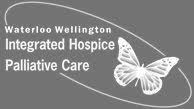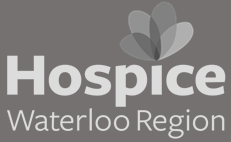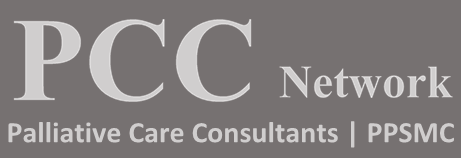HQO Quality Standard for Palliative Care – Statement 13: Education for Health Care Providers and Volunteers
People receive palliative care from health care providers and volunteers who possess the appropriate knowledge and skills to deliver high-quality palliative care.
People with a progressive, life-limiting illness, families, and caregivers have complex needs; for this reason, those who provide care should have comprehensive palliative care education.
Education that focuses on improving communication skills, knowledge, and attitudes about palliative care has a positive effect on a person’s experience of palliative care.
Competency-based education materials and programs should be tailored to the health care provider’s role and responsibilities.
Considerations When Choosing Education
Learning in hospice palliative care is an on-going process that spans throughout every healthcare professional’s career.
Accessible: is the course facilitated? does the course offer access to local educators, resources?
Evidence-base: Healthcare providers, educators and system leaders should consider education that is in alignment with the Ontario Palliative Care Network’s (OPCN) Ontario Palliative Care Competency Framework (2019).
What this Quality Standard Means
For Patients, Families, and Caregivers
You should have access to care providers who are knowledgeable about palliative care and who will work together to meet your needs and goals of care.
For Clinicians
You should receive education to effectively provide quality care for people with a progressive, life-limiting illness in accordance with your role.
For Health Services
Ensure that systems, processes, and resources are in place for health care providers and volunteers to receive the education necessary to provide high-quality palliative care.
Sources:
- HQO Quality Standard for Palliative Care: Statement #13 – Education for Health Care Providers and Volunteers
- Ontario Palliative Care Network (OPCN) Palliative Care Competency Framework (2019)
Download Tip of the Month




